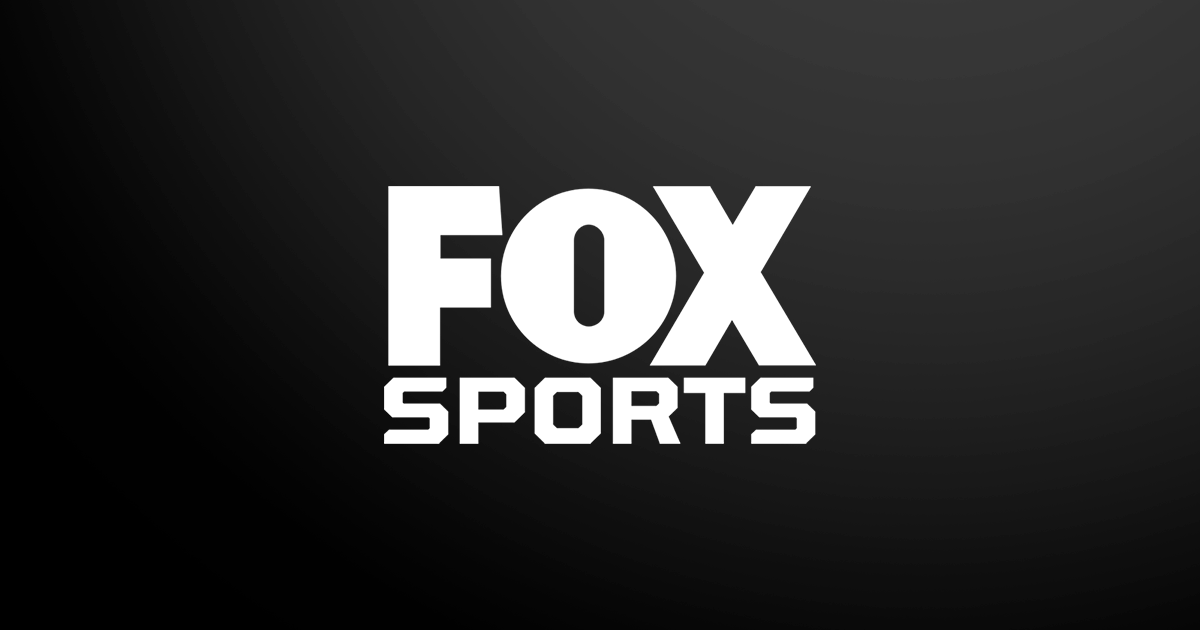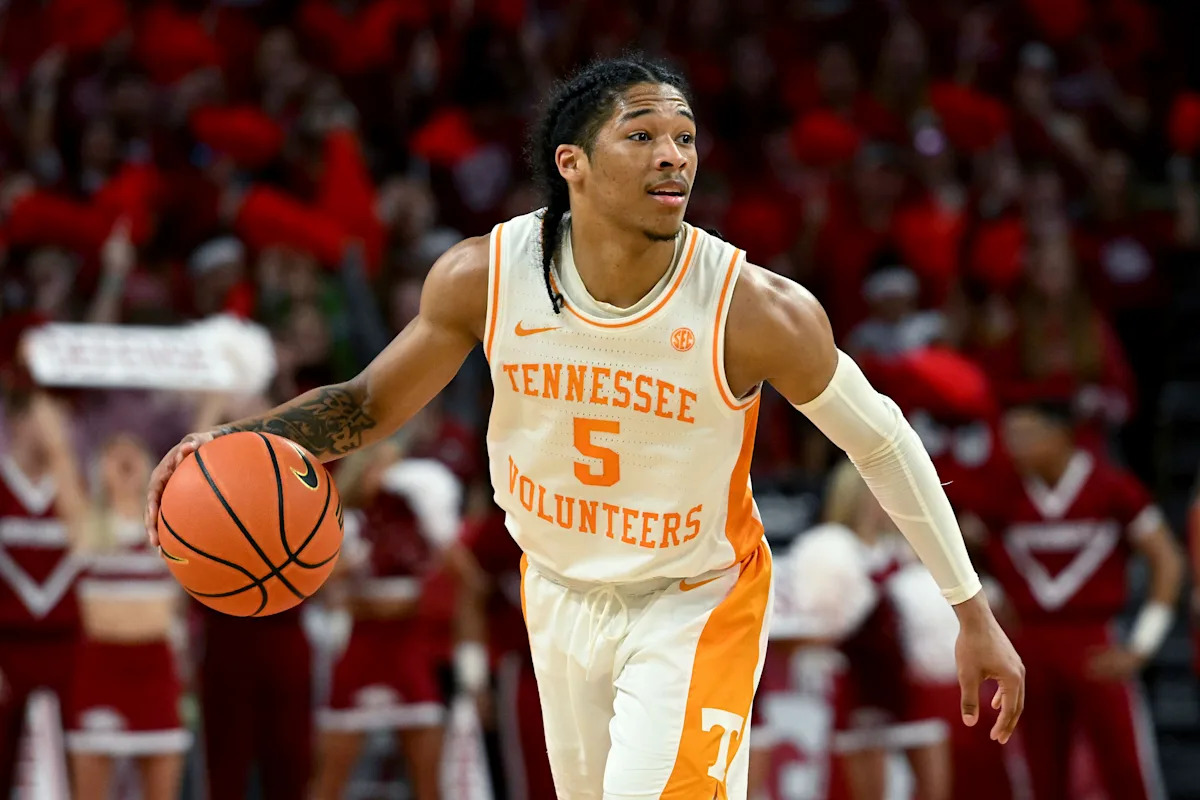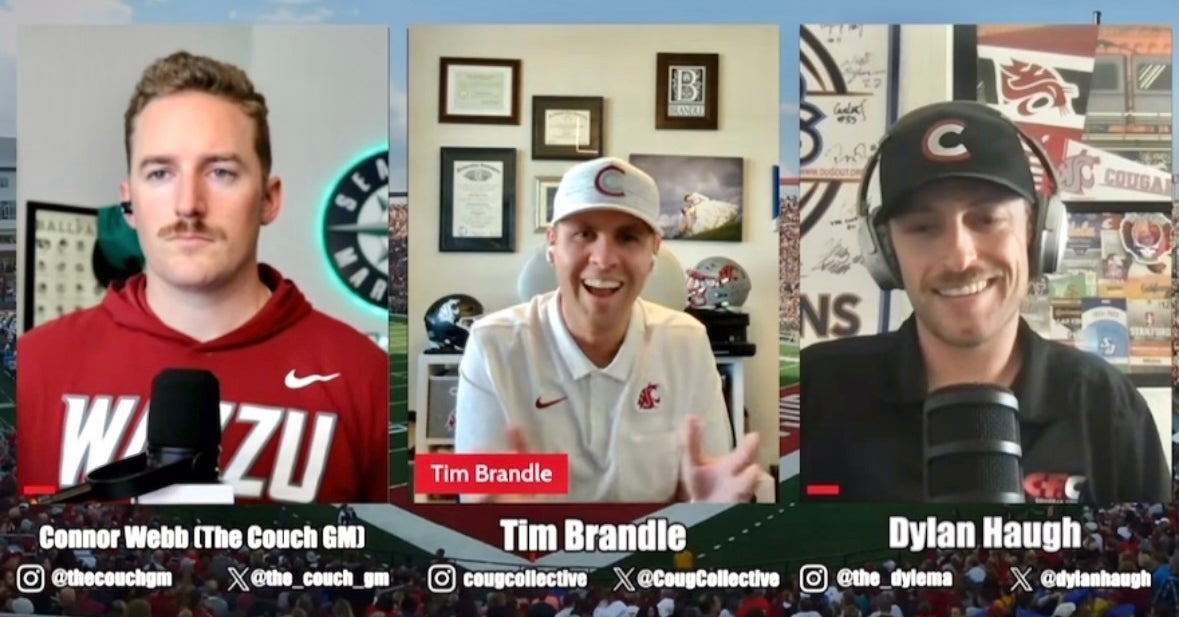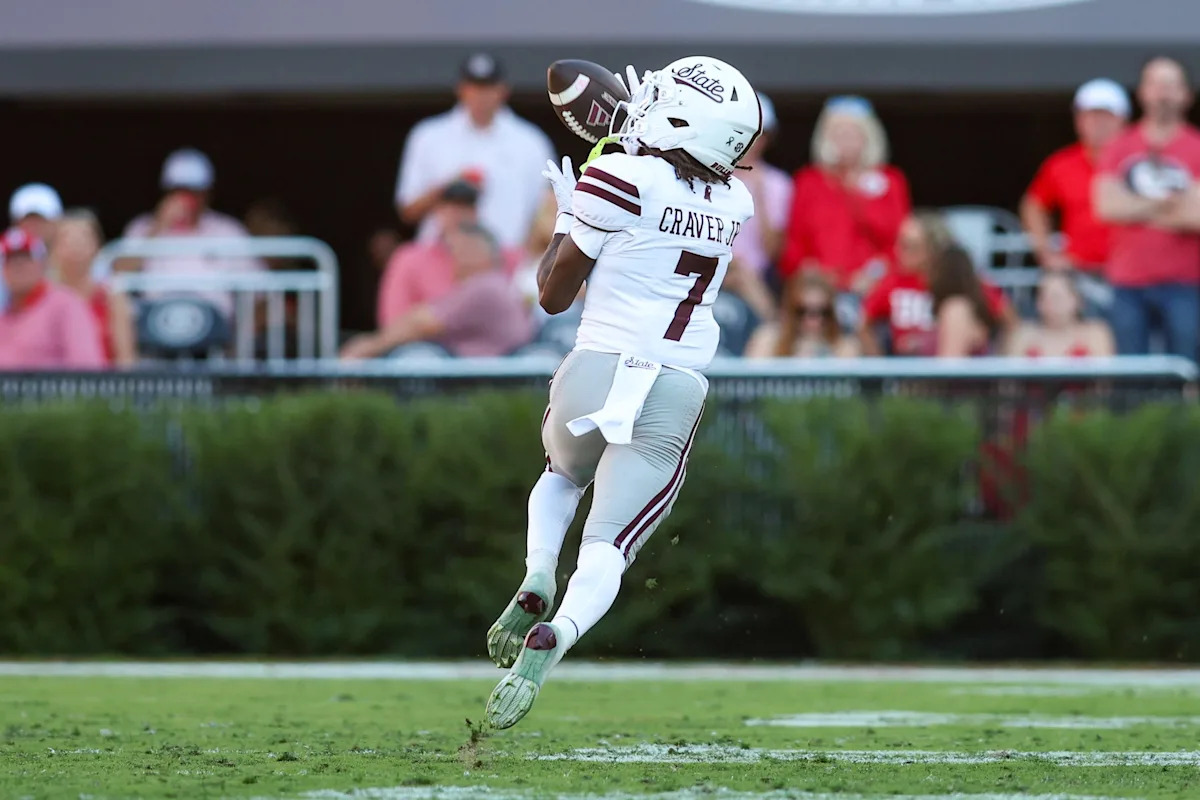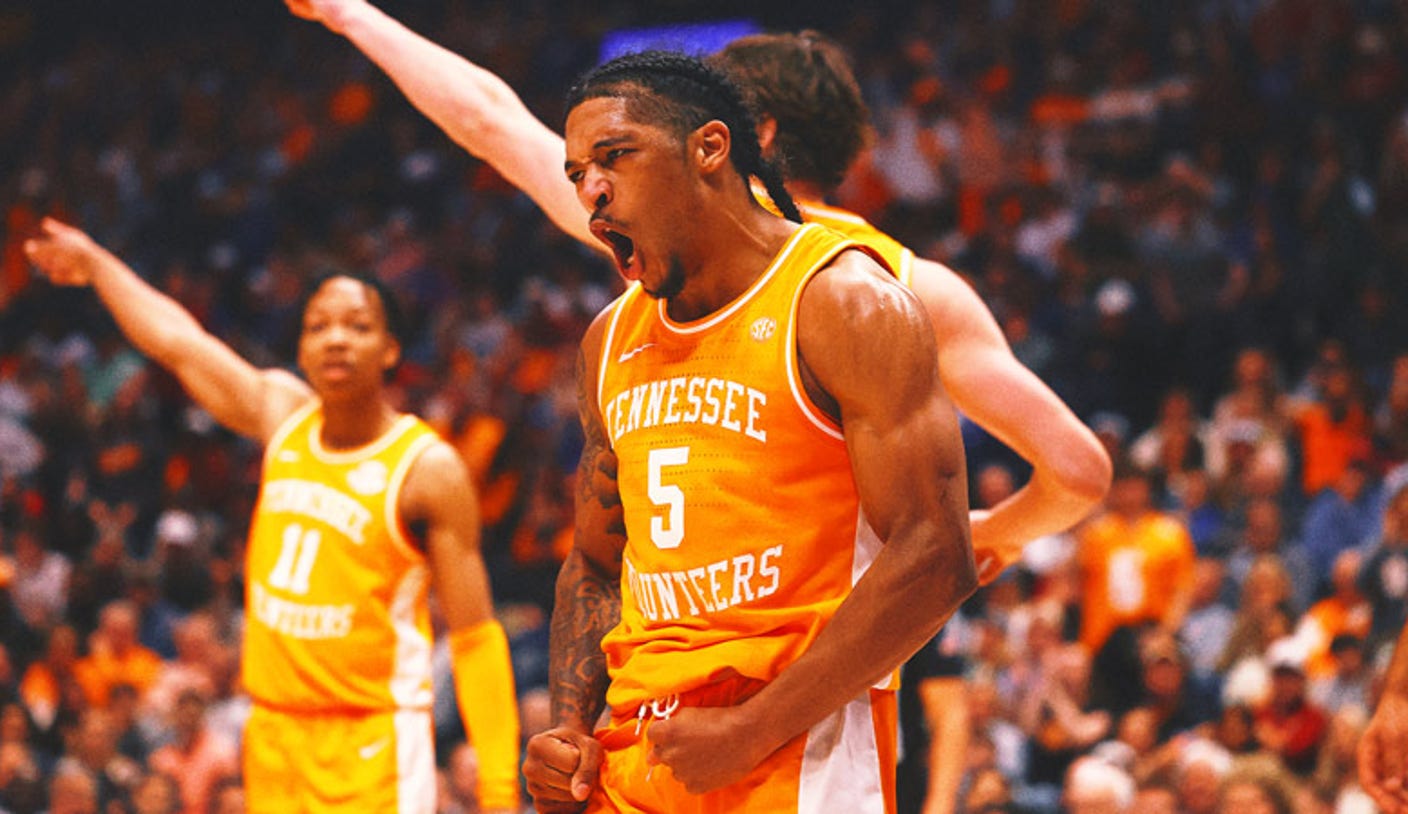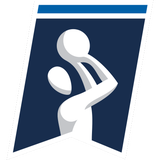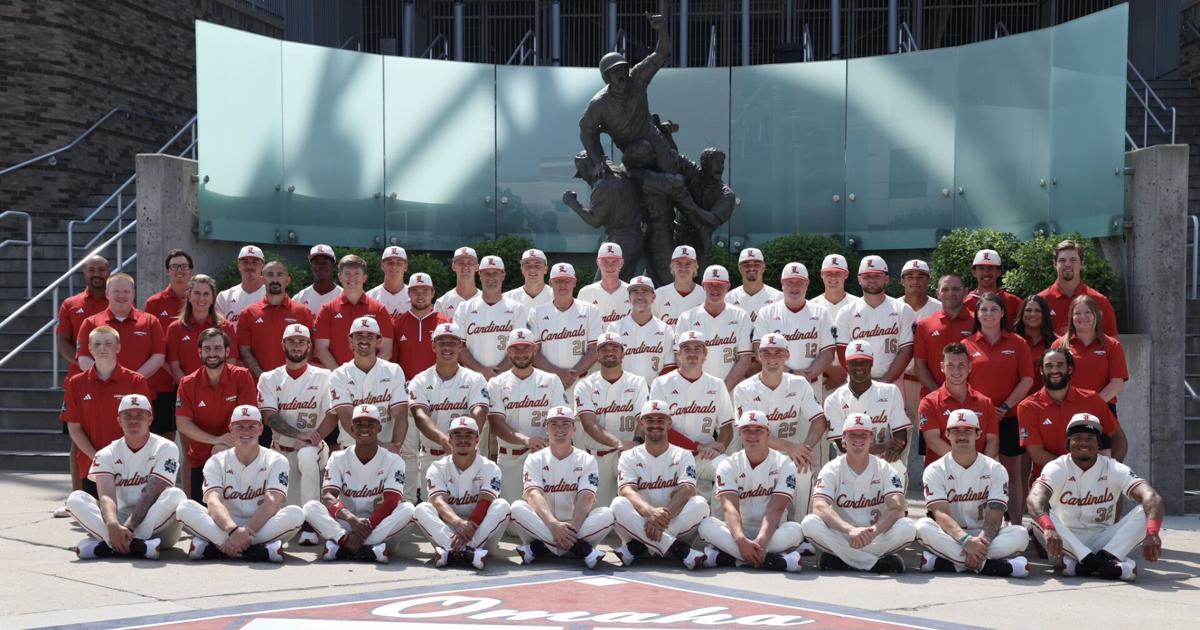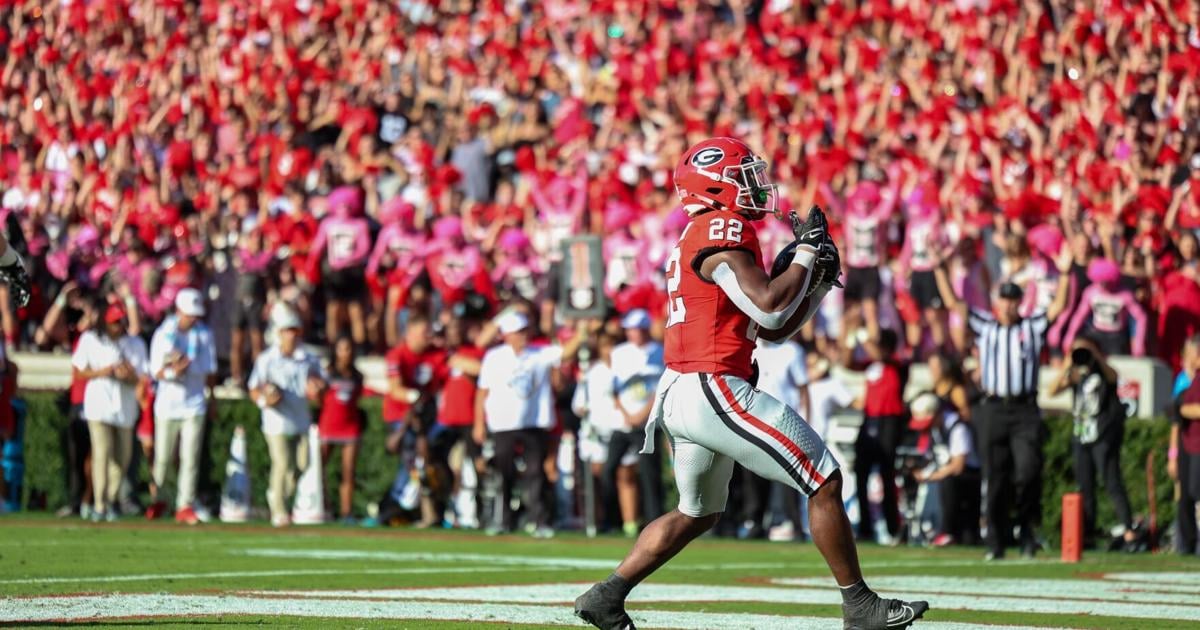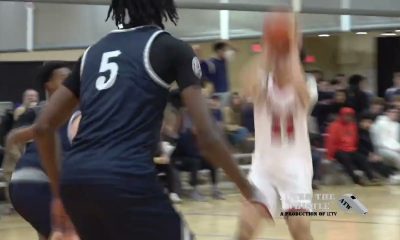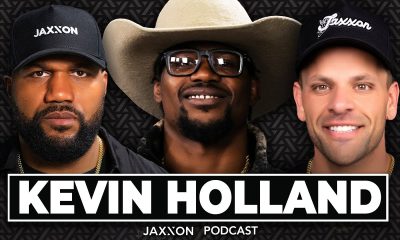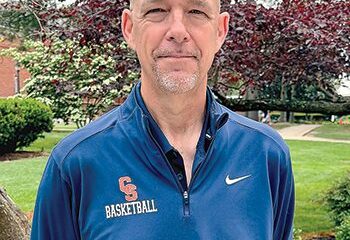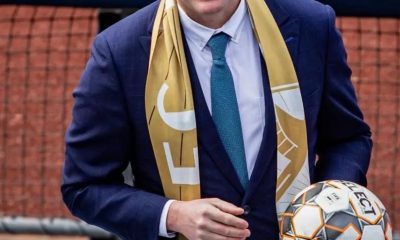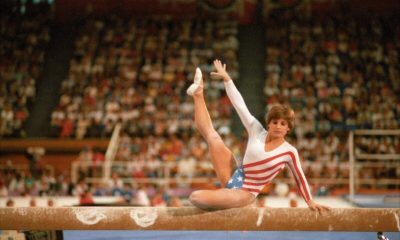Associated Press
As the amateur model of college athletics disintegrates, a handful of unusual ideas have been floated as ways to reign in some of the chaos surrounding the explosion in name, image and likeness compensation and a transfer portal that sees thousands of athletes changing schools every season.
Whether any of the ideas end up being implemented is unknown and every school is awaiting a decision from a federal judge on whether a $2.8 billion antitrust settlement against the NCAA and the five largest conferences will take effect as early as July 1. If it does, that opens the floodgates for schools to share millions in revenue directly with their athletes amid a host of other changes.
Here is a look at some of the topics:
Athlete contracts
A formal agreement between an athlete and a school is not a new concept, but with the uptick of NIL deals the thought of pro-style contracts is becoming increasingly more common.
There are plenty of ways to get creative with contracts. Rich Stankewicz, operations director for Penn State’s NIL collective Happy Valley United, said he favors an incentive-based approach — essentially adding money for athletes who not only perform but stick around.
“I personally really like the idea of incentivizing performance in school, those kinds of things that would only be occurring in the season while they’re playing,” Stankewicz said. “If more money is paid out in those time frames, then that gives the incentive for the player to stay and see those dollars from their contract, rather than potentially collect up front and then decide the grass is greener somewhere else three months later, barely doing any school, you know, without playing at all.”
Transfers and buyouts
This topic is red hot at the moment. Entering the transfer portal comes with the risk of not landing in a better spot — or any spot — but athletes have shown every single season over the past few years that they are comfortable going anyway. Athletic departments are beginning to fight back.
Arkansas athletic director Hunter Yurachek recently encouraged the school’s NIL collective to pursue legal action after quarterback Madden Iamaleava departed for UCLA after just five months in Fayetteville. Iamaleava allegedly collected significant money upfront and cited homesickness as his reason for following his brother to California.
This is a scenario Penn State hopes to avoid. And the importance of contract details is clear.
“Commonly, there’s nothing binding students in certain instances to the institution they’re with for the entirety of the contract,” Stankewicz said. “We’ve definitely looked into having measures in place to discourage transfers during the time of the contract. There are a bunch of different ways to do that, from buyouts to how you load the contract.”
Athletes as employees
Groundbreaking shifts in the landscape have sparked conversations about athletes becoming official employees of their universities.
It’s a controversial subject to say the least. Universities would become responsible for paying wages, benefits, and workers’ compensation and schools and conferences have insisted they will fight any such move in court (some already have).
Complexities go beyond the concept. While private institutions fall under the National Labor Relations Board, public universities must follow labor laws that vary from state to state and it’s worth noting that virtually every state in the South has “right to work” laws that present challenges for unions.
There is also a new administration in power now, said Michael LeRoy, a labor and employment professor at Illinois who has studied the NCAA and athlete rights.
“With the election of Donald Trump, and what that would mean for a new National Labor Relations Board, what that would mean for repopulating the courts with judges who are likely not congenial to that view, I no longer have much hope that we’ll get a ruling in the next 5-10 years that these are employees,” LeRoy said.
Despite the lack of employment status, LeRoy said, athletes should advocate for themselves and use the entertainment industry as a model. He said athletes currently are offered “take-it-or-leave-it” NIL contracts when a broader approach might have benefits.
“I think athletes should start to look at Hollywood and Broadway contracting arrangements that deal with publicity rights,” he said. “I think there’s a way to frame this collectively. The framework of collective bargaining and employment, I would say, the entertainment industry generally offers a blueprint for success.”
Playing for another school
Things are so chaotic right now that the very lines of who an athlete is playing for could get blurred.
Saying he was inspired by the NBA’s G League, University of Albany basketball coach Dwayne Killings is proposing a two-way contract for college players. Albany would welcome transfers from top-tier programs who need more seasoning and help them develop — with plenty of game time vs. sitting on the bench — before sending them back to their original program, where they’d be ready to compete.
“The best development happens on the floor, not necessarily on the scout team, given the new 15-man scholarship limits,” Killings told CBS Sports.
And then there is Division III, which recently approved an unusual pilot program: Athletes would play for one school but do their coursework at another school that does not sponsor varsity athletics.
The NCAA said the program, which would run during the next academic year, “will offer expanded pathways for student-athletes to pursue their academic objectives and complete their participation opportunity.”
“This program intends to address the changing, dynamic higher education environment we find ourselves in right now,” said Jim Troha, president of Juniata and chairman of the DIII President’s Council. “It recognizes existing academic programs and provides flexibility to expand participation opportunities for student-athletes.”
The program will be assessed before any decisions on whether to make it permanent or expand it.
___
AP college sports: https://apnews.com/hub/college-sports

